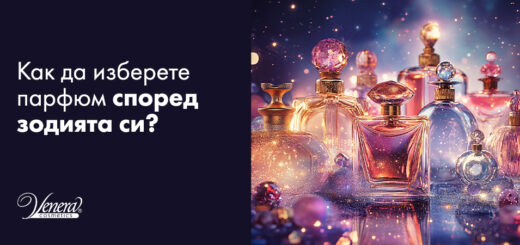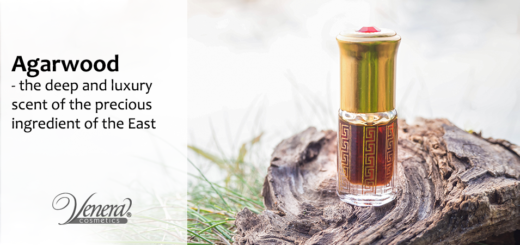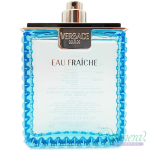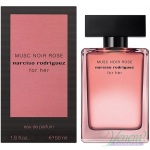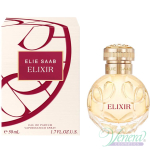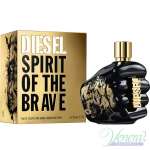The Secret Ingredients to Designer Fragrances
Learn more about the ingredients in the original branded perfumes, their substance and other interesting facts about the perfumes
Can you relate to the following scenario – you have a brunch date with your best friend and you feel a divine scent, lingering in the air before you even say ‘Hi’ to them but, for some reason, they can’t say the same about you, although you’ve sprayed some of your favorite perfume just half an hour ago?
We know how it feels, we’ve been there as well, and it can get really frustrating sometimes.
So, have you ever wondered why some fragrances last longer on your skin and others vanish as fast as your paycheck on the next day?
Often times, the reason for the low longevity and sillage of your fragrance has to do with the fragrance itself and the quality of materials put into it. Occasionally, it has to do with your skin’s chemistry and ability to absorb the oils of that particular fragrance. And other times, it just has to do with the type of fragrance you have bought, and more specifically whether it is an Eau de Toilette (EDT) or an Eau de Parfum (EDP).
Unless you speak French or you are very interested in the perfume industry, the words Eau de Parfum and Eau de Toilette may seem quite confusing to you.
So, apart from the price, what is the actual difference between EDT and EDP?
What is an EDT?
The French came up with the name Eau de Toilette, which translated literally means ‘toilet water’ and implies to the ritual of spraying yourself with fragrance as soon as you step out of the shower. **By the way, that is a cool hack to make your fragrance last longer.
The concentration of fragrance oils in an EDT is between 5% and 15% (typically, about 10%), diluted in alcohol and water.
Below are the rest of the characteristics that differentiate an EDT from the other types of fragrances:
Colour: EDT has a light, crisp colour, sometimes with a very soft hue or it may reflect the colour of its bottle.
Intensity: The focus of an EDT are the top notes, which fade away rather quickly. The low concentration of the aromatic compound makes it lighter and therefore with lower intensity.
Longevity: Top notes of EDT are very powerful and at the same time evaporate rather fast. That is why the longevity of an EDT is usually pretty short – between 2 and 4 hours.
Price: The price of an EDT is usually lower than the one of an EDP due to the lower concentration of aromatic compounds.
Perfect time to wear: Due to its lighter character, EDT is perfect for use during the day, as it’s not as intense and offensive as an EDP can sometimes be.
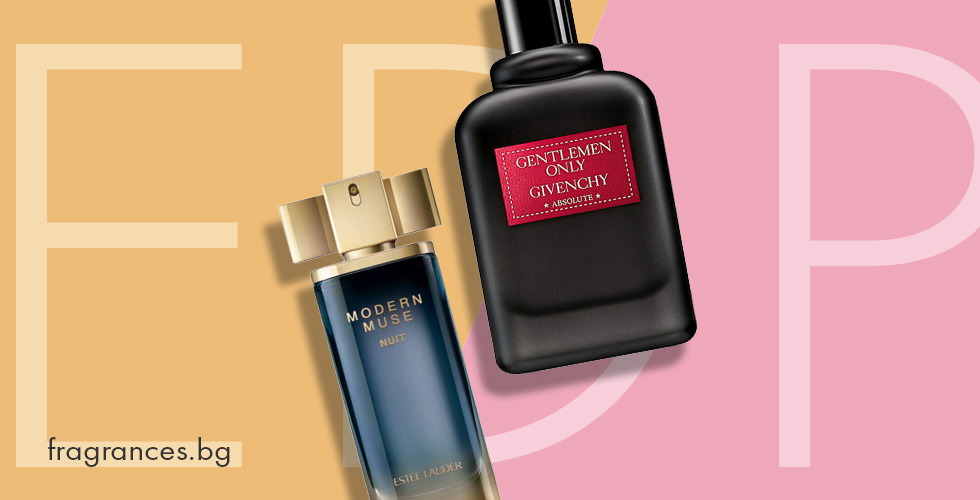
What is an EDP?
Eau de Parfum translated literally means ‘perfumed water’. The concentration of perfume essence in it is usually between 10% to 20% (typically it is about 15%) diluted in alcohol and water.
Below are the rest of the characteristics that differentiate an EDP from the other types of fragrances:
Colour: EDP usually has a darker and deeper colour than an EDT.
Intensity: EDP unfolds gradually, and its higher concentration of perfume essence makes it more intense than an EDT.
Longevity: EDP has a longer lasting power than EDT, and can last up to 3 or 5 hours.
Price: The price of an EDP is usually higher than the one of an EDT due to the lower concentration of aromatic compounds.
Perfect time to wear: Due to its more intense character, EDP is perfect for use in the evening, and on special occasions when you want your fragrance to last longer and make an impression.
Apart from Eau de Toilette and Eau de Parfum, there are another two main types of fragrances – Eau de Cologne and Perfume extract. Eau de Cologne has the lowest concentration of fragrance oils from all the four types of fragrances – between 3% and 8% (usually around 5%). It usually lasts up to 2 hours. Perfume extract, on the other hand, is the most intense fragrance of all with a concentration of perfume essence between 15% and 40%. Perfume extract usually comes in glass-stoppered bottles, since it is too expensive and intensive to be sprayed on.
How to choose between Eau de Toilette and Eau de Parfum?
Now that you know the basic differences between the two types of fragrances, you can switch between them depending on the occasion, the season or your mood in general.
The lighter in concentration EDT is more suitable for daytime, and during the spring or summer seasons. The reason for that is not only because you can safely walk among crowds without the risk of coming across as too offensive with your scent, but also because the perfume essence works differently in various temperatures. The notes in your fragrance will come forward more vividly in warmer temperatures, as opposed to cooler ones, which is why a more intense Eau de Parfum can smell divine in winter, but be more musky or sweeter in the hotter summer months.
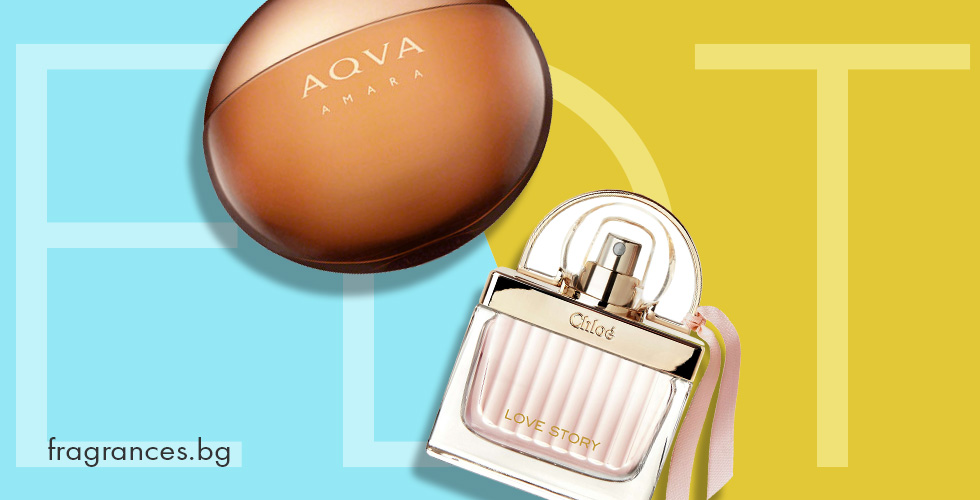
A great example of an Eau de Toilette, suitable for the spring is Chloe Love Story Eau de Toilette EDT for women and Bvlgari Aqva Amara EDT for men.
On the other hand, your EDP can become your best friend when you are going out to party with friends or on a date night, where you want to leave a long-lasting impression.
A great example of an Eau de Parfum, suitable for the cooler months is Estee Lauder Modern Muse Nuit EDP for women and Givenchy Gentlemen Only Absolute EDP for men.
Although the pricing for an Eau de Parfum is usually much higher than the one for an Eau de Toilette, it will last you longer due to its intensity, so you will get a great value for your money. Of course, much of the perfume is also available in a version of Eau de Toilette. Curiously, the male fragrances that percent reaching targets 90% of all perfumes.
Now that you know what the main ingredients in an Eau de Parfum and an Eau de Toilette are, you can enjoy wearing your new fragrance according to the occasion and season, and most importantly – according to your mood.
Enjoy your shopping at Venerafragrances.com!


